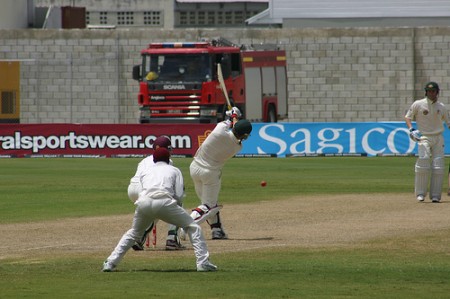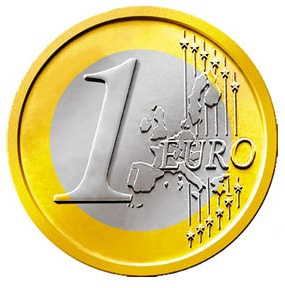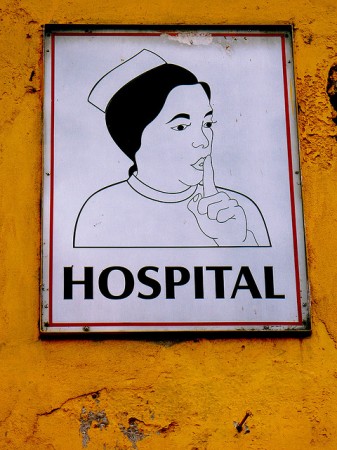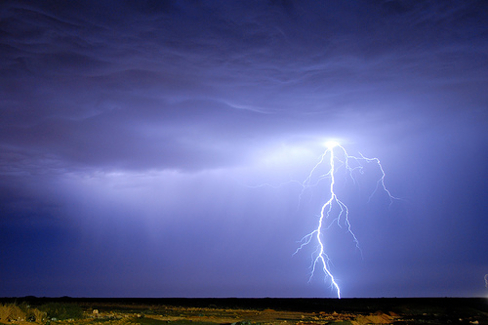
Within the last 20 years, the role of non-state actors – such as individuals and civil society organizations – within the international system has grown markedly. Consequently, new scholarly debates have emerged that seek to examine the role of non-state actors in today’s complex environments. In particular, the activities, actions, and even social responsibilities of business actors operating in conflict zones are increasingly being scrutinized.
On the one hand transnational corporations (TNC) in search of either cheap labor or access to extractive resources are moving more and more into developing, transitional economies where they are often confronted with challenging environments. To illustrate, the more recent uprisings and revolutions in the Middle East & North Africa (MENA) brought political risk to the doorstep of the TNC’s working in the region. Indeed, operating zones that were once relatively stable have become volatile – not only forcing local residents to flee but local and international businesses (mostly in the oil and gas sector) to suspend operations. The impact of this has been most significant in Libya where, due to the violence between government and opposing forces and damage to energy infrastructure, oil production has fallen from 1.6 million barrels per day (bpd) to roughly 60,000 bpd.
Needless to say, the major role that TNCs often play in host operating environments has led to a growing awareness within the international community that business actors can be more proactive about achieving peace and security objectives in more volatile, unstable environs. Such awareness is illustrated in the various legal approaches that increasingly seek to hold multinational corporations accountable for their actions in host countries – especially corporations based in Western democracies that operate in states with weak governance structures. On the other hand, at the local level, the idea of tailored economic development achieved within the context of conflict dynamics has also gained support. Here, especially, the question of the role that local business actors play both in the conflict as well as in peacemaking objectives becomes central.
To further examine the activities, responsibilities and actions of TNCs, as well as local businesses, operating in conflict-prone, political risky areas, a scientific workshop will be convened by the Center for Security Studies (CSS) / ETH Zurich, swisspeace, and Peace Research Institute in Frankfurt (PRIF/ HSFK). This meeting will take place on 13-14 November 2011 at the Europa Institute in Basel – bringing together an intimate group of roughly 30 experts to present papers and debate findings from various academic perspectives such as political science, anthropology, peace and conflict studies, business ethics, and law. Following this workshop, on Tuesday, 15 November 2011 swisspeace will hold its annual conference in Bern to continue with the discussion from a more practical point of view. Though the workshop is restricted to invited speakers, the conference in Bern is open to the public.
Combined, this unique workshop-conference approach is anchored by 2 core objectives – first, to bring various experts and interested parties together to exchange ideas and insights in an intimate setting and, second, to facilitate new research on the role of business actors in conflict that bridges science with policy. Conference proceedings will be published on the swisspeace website and selected papers from the workshop will be published in an edited volume. For more information contact Jennifer Giroux.




